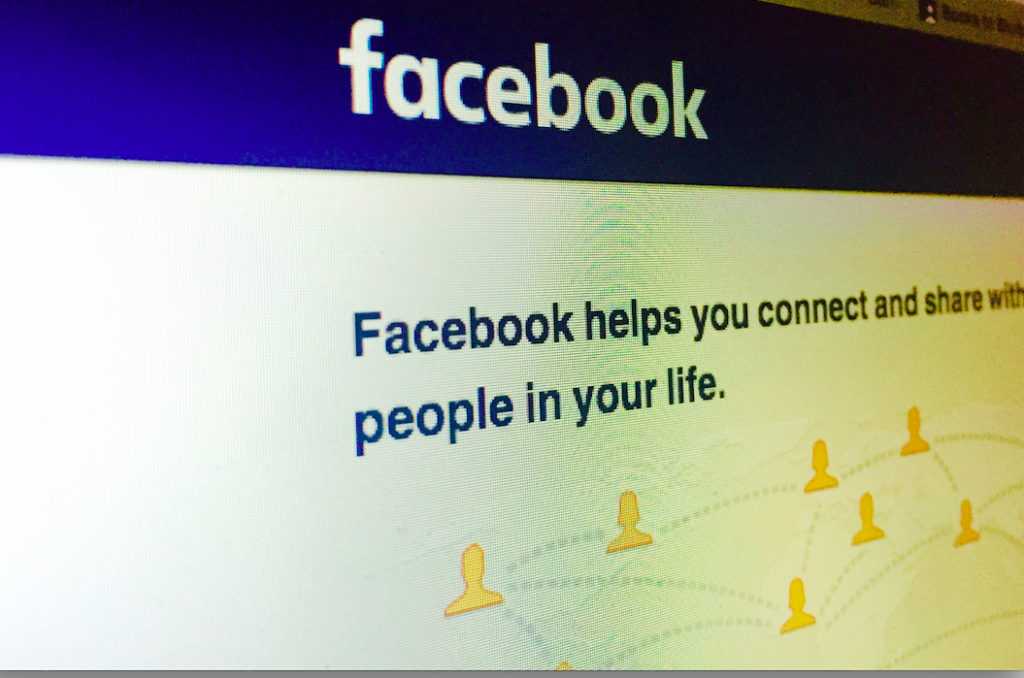Earlier this year I wrote an op-ed for The Christian Post criticizing a Slate piece titled “Don’t Let

the Doctor Do This to Your Baby.” On top of being an illogical diatribe, the article’s headline was misleading. Instead of a genuine look at a real and harmful medical practice, the article was a sermon on transgenderism and the evils of declaring your baby a boy or girl. I said that was an example of “clickbait,” a practice used to generate traffic to a page based on a sensationalized title and meaningless (or in this case, irrelevant) content.
Clickbaiting is becoming the MO of the web. It’s been flagged recently, especially as it relates to generating revenue based on clicks for “sponsored”, third party content (as opposed to content produced by the actual owners/writers of the website). Now, everyone knows the internet is not a haven for ethical standards. But I’ve been disappointed recently by seeing some Christian sites, several of which I greatly respect, engaging in clickbaiting as well.
A painful example happened recently on a blog that I frequent and frequently enjoy. The article was about declaring one’s allegiance to Christ in a missional way, especially in an unbelieving cultural context. Sounds good right? One problem: The article was posted on the site’s Twitter account with this leading sentence: “Feels good to finally admit it: I’m in love with a man.” When you clicked the link, the author revealed (ta-da!) that the man was Jesus. Phew, that was close. Thousands of people clicked the link expected a shocking revelation from this conservative Christian site…and that, of course, was the goal. Clickbait.
A few weeks ago an organization that produces web browsing accountability software tweeted the following: “68% of Young Guys watch porn every week; parents, this is your daughter’s dating pool.” The tweet included a link that presumably would reveal the source of this very alarming new data–except, it didn’t. What it led to instead was a sign-up sheet that required a full name and email address in order to receive the book of statistics that was used for the tweet.
I work in a marketing department so I know what this is. By signing up to receive the informational PDF, I was giving this organization a name and email address that can either be used to send more advertisements or even sold to other websites that see me as a potential customer. This is Clickbait 101. To be fair, I did receive the PDF of statistics on porn use. I found the source of the data in the Tweet and was again greatly disappointed: The figure of 68% of weekly porn use came from a Danish survey of fewer than 700 adults. The comment about “your daughter’s dating pool” was a carefully constructed phrase that was not just clickbait, it was brazenly misleading (according to the same publication the percentage of young adults in the US who regularly look at porn was closer to 40%; was that number not shocking enough?).
Christians and Truth-Telling
You might say, “What’s the big difference between 40 and 60 percent if it wakes parents up?” I’ll grant that what the organization was trying to do with their data is noble. But Christians are of all people most to be in the business of truth-telling. How many of our parents told us (and how many of us tell our kids) that “A half-truth is a whole lie”? When it comes to the ministry of prophetically speaking into the maleficent degeneration of culture, do dire circumstances necessitate half-truths and misleading insinuations?
I wonder how many pulpits across the country were filled last Sunday with well-intentioned preachers who told congregations about the unquestionable Christian faith of the Founding Fathers. It’s absolutely true that the United States was founded by men who had a reverence for divine authority and sought to incorporate moral principles into their new republic. But it’s just as equally false that there was a unified Christian consensus in the room that passed the Declaration of 1776. Christians need to be honest about our history. It is a sad fact that even some Christian historians have sought to recast treasured historical figures in a pietistic image.
The importance of truth in the Christian faith cannot be overstated. Christians are people who live and die by actual events in history. Christians believe that there is a God and He is not silent and what he says is totally true and the standard for all other truth. In fact, Christians believe that the eternal Son of God walked on this earth proclaiming that He was the truth. If there is one thing that the faithful Christian must make a friend of, it is truth.
The Truth Will Set the Internet Free
C.S. Lewis was once asked his opinion of liberal bishop John A.T. Robinson’s manifesto “Honest to God.” He said, “I prefer being honest to being honest to God.” Sometimes Christians can believe that something other than truth must be spoken into the culture to stop moral tailspin. This has been a useful weapon of our Enemy ever since the serpent told Eve that the forbidden fruit would make her and Adam like God. The sad irony is that when Christians resort to truth-muddying, the unbelieving culture infers that we don’t have much more to say than a marketing team.
Christians of all people do not need to use clickbait or misleading stats to speak truth into our world. Because, as Francis Schaeffer said, the Christian gospel is “true truth,” the Bible will always give an accurate and relevant word about our times. Everything we see about ourselves, the nations, pop culture, science and even death has a final explanation in the revealed truth of our Creator. Christians know this. It is to our shame that we do not always practice it.
Let’s stop worrying about web traffic and be honest in our headlines. Let’s speak truthfully about pornography and our culture of sexual nihilism. Let’s be zealous in our pursuit of historical fact, even if it isn’t always as idyllic as we’d like. The truth will set even the internet free. Leave clickbaiting to those who have nothing more meaningful to show than a celebrity wardrobe malfunction. Instead, let’s be about our Father’s business.












